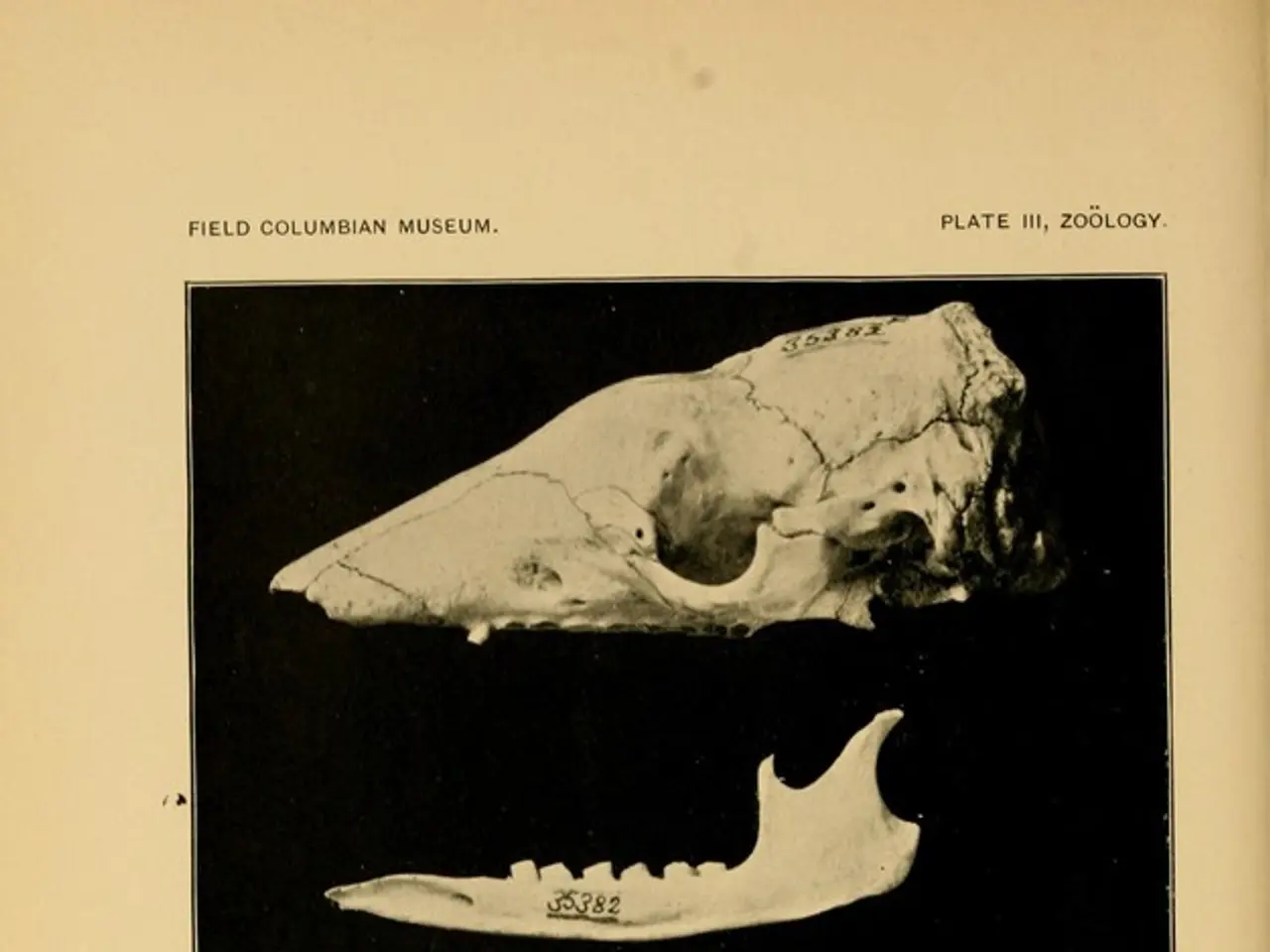uniQure's Gene Therapy Slows Huntington's Disease Progression by 75%
uniQure, a pharmaceutical company, has developed a promising gene therapy, AMT-130, for treating Huntington's disease. This cruel condition starts with uncontrollable twitches and progresses to memory loss, personality changes, and early death. The therapy, which targets the mutated huntingtin protein, has shown encouraging results in clinical trials.
In a recent trial, patients treated with the highest dose of AMT-130 experienced a 75% slower decline in symptoms over three years compared to an untreated control group. The therapy, which involves a single injection of microRNA into affected brain regions, improved patients' attention, memory, processing speed, control over random muscle movements, and ability to perform daily activities.
The therapy targets the mutated huntingtin protein without integrating into the patient's genome, lowering the risk of disrupting healthy genes or triggering cancer. Side effects related to the brain surgery were common but generally resolved with treatment. uniQure plans to submit an accelerated approval application to the FDA early next year.
Huntington's disease, currently untreatable, can be diagnosed early with a simple genetic test. uniQure's AMT-130 offers hope for slowing its progression. Further studies are needed to determine its long-term effects and safety. New patients are now being enrolled for the trial, with an FDA approval application targeted for late 2026.
Read also:
- Capella Nursing Students Gear Up for Crucial FPX 4050 Assessments
- Comprehensive Overview of Addressing Traumatic Brain Injuries (TBIs)
- Enhanced Health Services Provisioned by San Diego Academic Health Partnership Continues During COVID-19 and Beyond
- Vaccination drive targeting infants under 6 months old against bronchiolitis in the region of Andalucia







